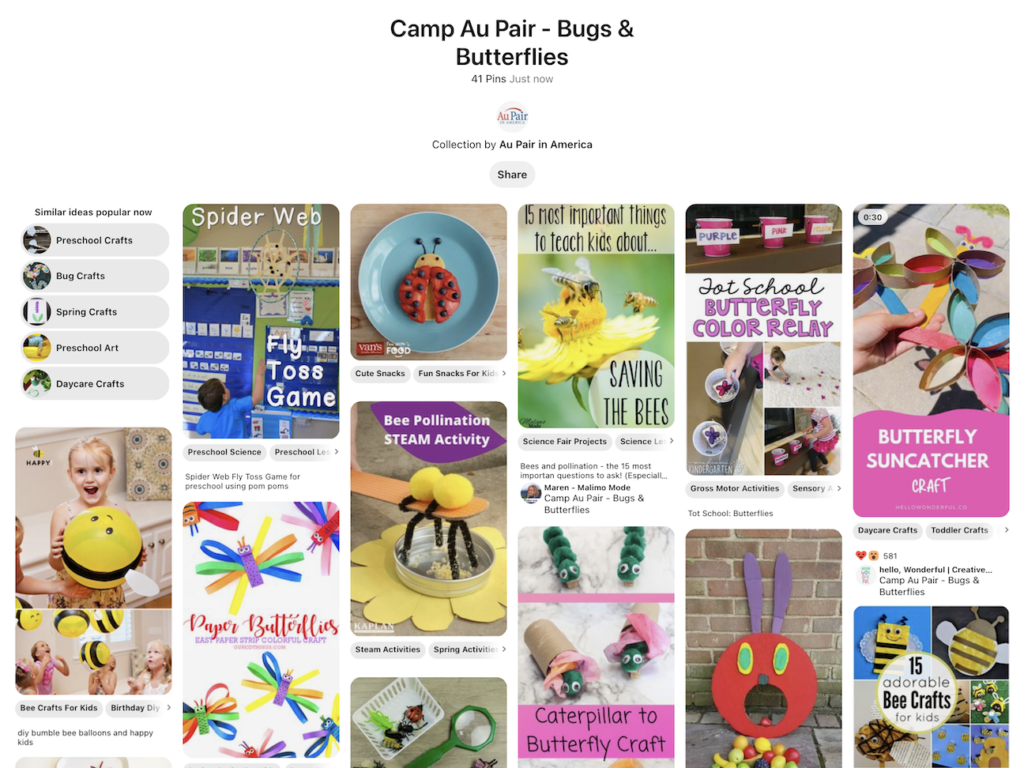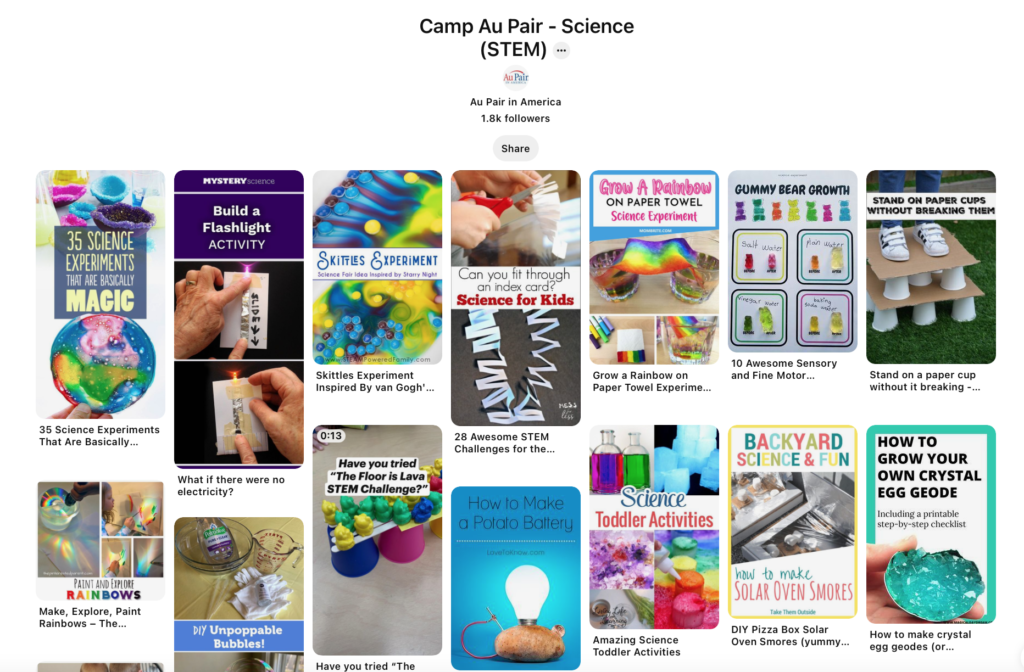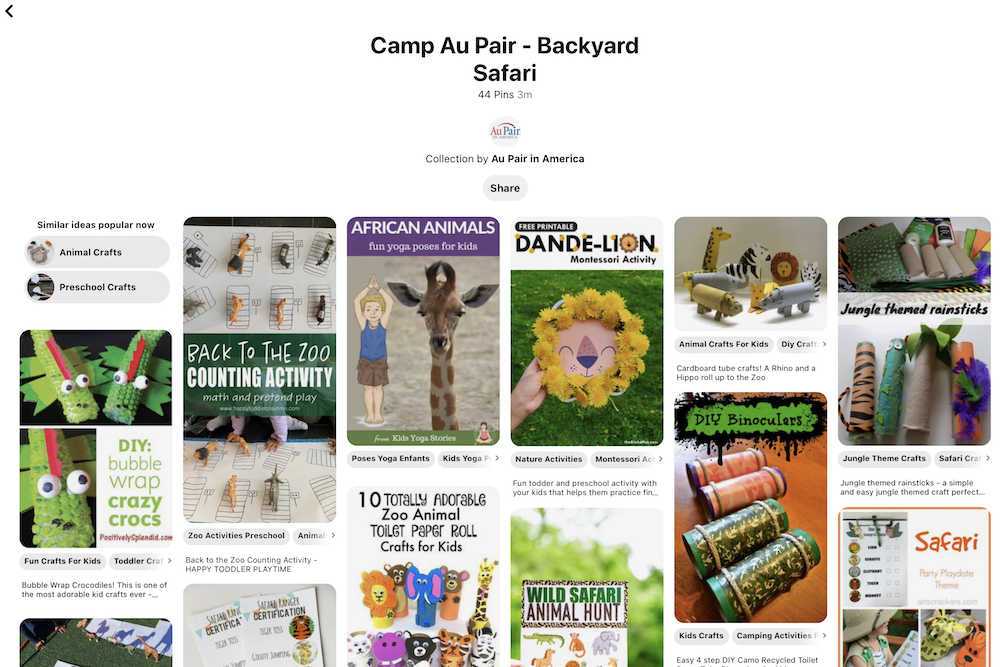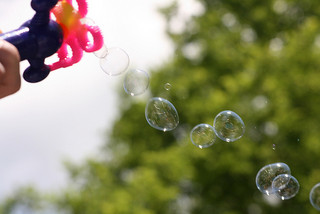Program rules dictate several situations when the host parents are required to cover an au pair’s transportation costs. Aside from those specific requirements, there are some things to consider when deciding how to handle an au pair’s personal transportation.
Situations when host parents are responsible for the au pair’s transportation costs:
- To/from cluster meetings
- To/from classes (for the education requirement)
- When they are transporting the host children
What are some ways host parents can pay for those required transportation costs?
- By providing car use and paying for the cost of gas in those situations
- By giving an allowance for Metro or bus fare
- By giving an allowance toward Uber/Lyft
Who is responsible for an au pair’s transportation in her free time?
- If an au pair has car use, it would be reasonable for the host parents to ask her to pay for the gas used for personal car use.
- If no car use is provided and an au pair must rely solely on public transportation, many host parents will give a transportation allowance to help with those costs.
What factors should you consider when deciding how to handle personal transportation costs?
- Where do you live?
- If you live in the city, you may be within easy walking and/or bike-riding distance to shopping and activities.
- If you live in the farther out suburbs, there isn’t normally much an au pair can walk or bike to.
- Is car use provided?
- When host parents provide car use, that includes them covering the cost of car insurance and maintenance. So, it is fair to ask the au pair to pay for her own gas for personal use.
- If host parents are not providing car use, many will figure out how much they are saving by not paying for insurance and maintenance costs and offer that to their au pair as an allowance for public transportation (metro, bus, Uber/Lyft).
Other Things to Consider
- Au pairs are happiest when they are able to explore the area and make friends. This goes a long way to reduce homesickness and ensure a great cultural exchange experience. The more host parents can do to support this, the more successful their match will typically be.
- When car use is provided, be clear about any limitations. Is it okay to transport friends, take the car overnight, go on a road trip, drive to Baltimore or Ocean City? In what situations does she have automatic permission and when does she need to ask in advance?
- Every match is different. Transportation is only one aspect. Whatever works well for a host family and their au pair is what’s best (as long as the minimum program requirements are being met). Things like whether a host family is paying a higher stipend (over the regulation minimum), offering other benefits and driving the au pair to some places all may factor into how personal transportation costs are handled.
- Please discuss transportation plans for cluster meetings in advance. Participation in cluster meetings is important for an au pair’s overall cultural experience, making friends and getting to know her counselor. Transportation to meetings should not be an impediment to those experiences. Add cluster meetings to your calendar as a reminder to reimburse your au pair if she is attending the meeting.
If you have questions or concerns about how to handle transportation, reach out to your counselor to discuss.
Photo: Andrea Piacquadio


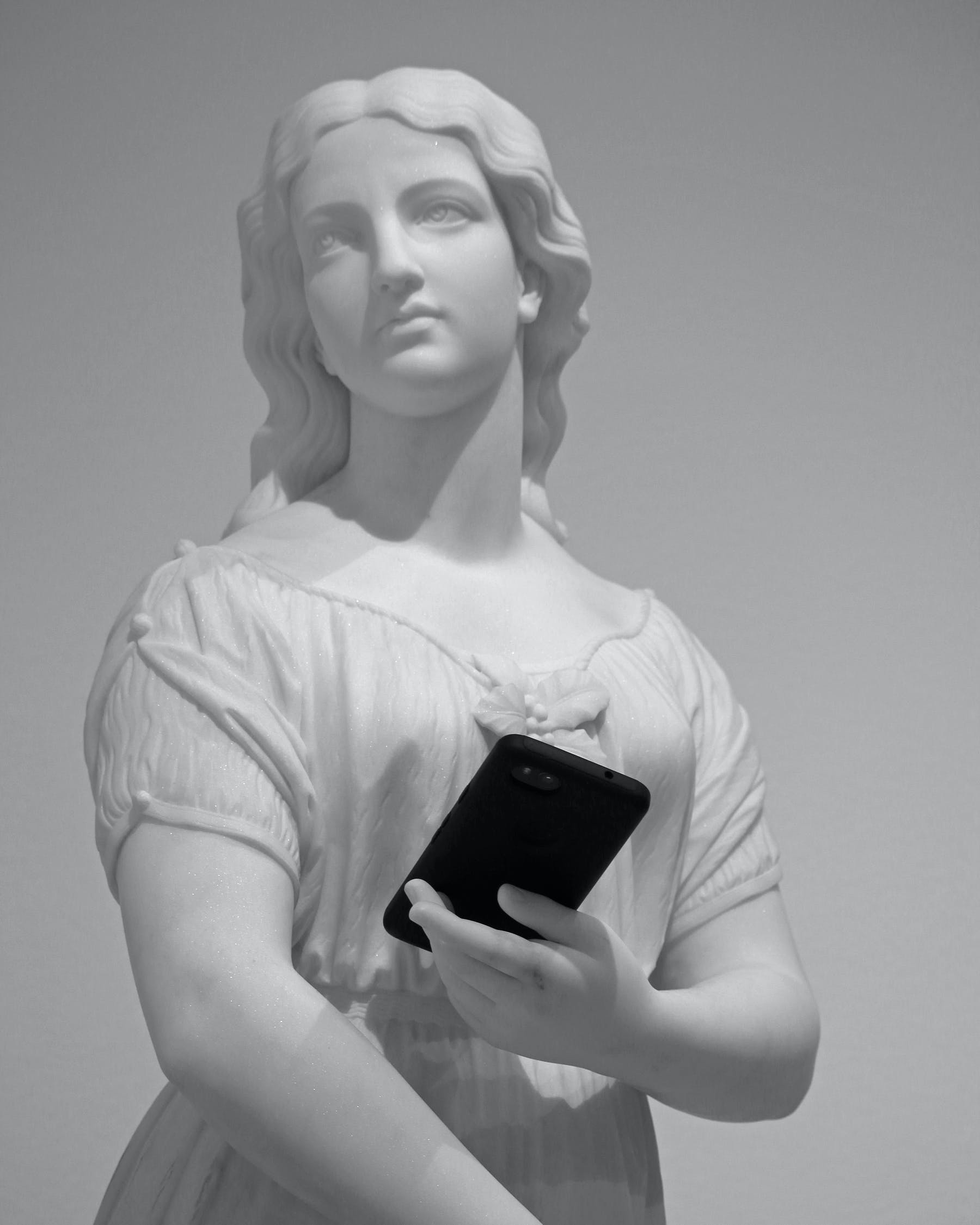 Au Pairs – Imagine for a moment that you went to the hospital and you were in the care of doctors and nurses. How would you feel if those doctors and nurses who were there to care for you were more interested in texting or using their personal computers than caring for you? How would that make you feel, about yourself and about them? Would you think that you were getting the treatment you deserved? Would you feel like paying the bill after your stay?
Au Pairs – Imagine for a moment that you went to the hospital and you were in the care of doctors and nurses. How would you feel if those doctors and nurses who were there to care for you were more interested in texting or using their personal computers than caring for you? How would that make you feel, about yourself and about them? Would you think that you were getting the treatment you deserved? Would you feel like paying the bill after your stay?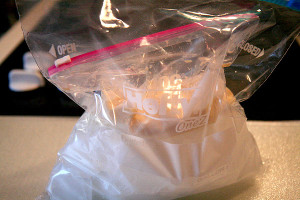 In a quart size zipper baggie, combine…
In a quart size zipper baggie, combine…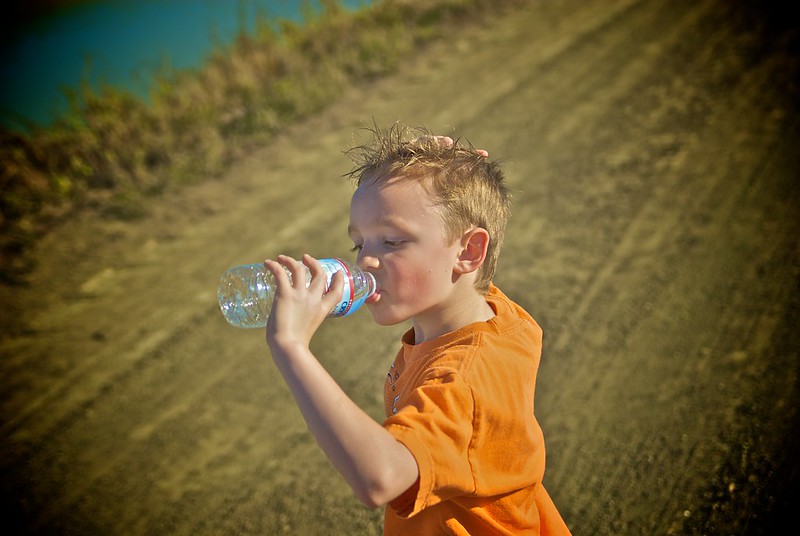

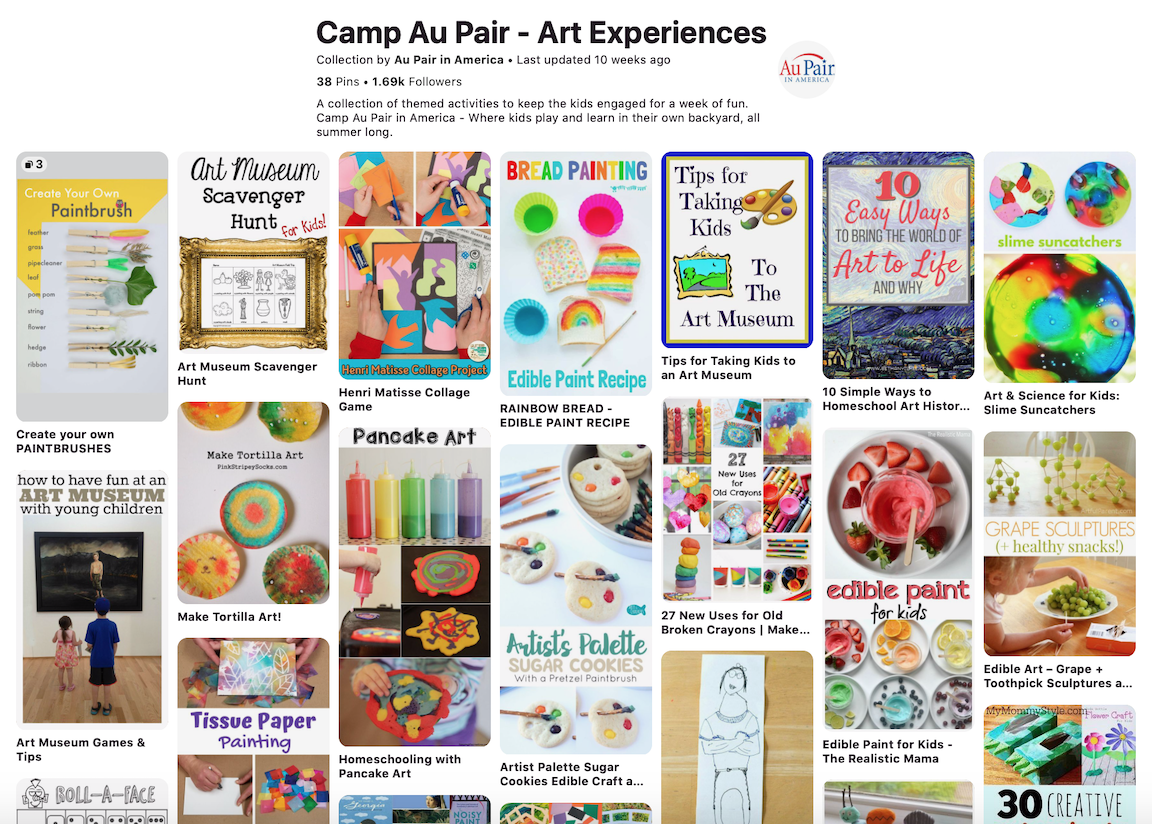

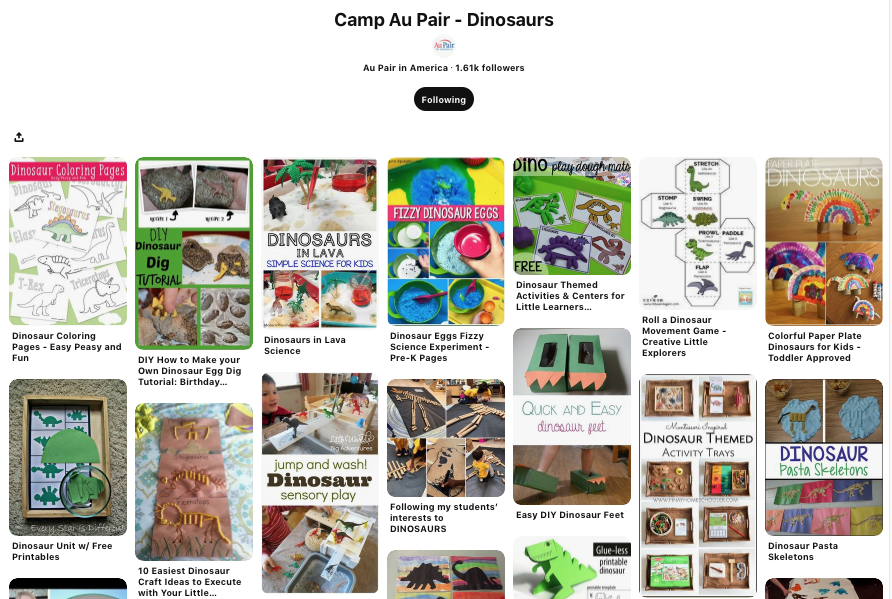
 This week’s Camp Au Pair theme is
This week’s Camp Au Pair theme is 